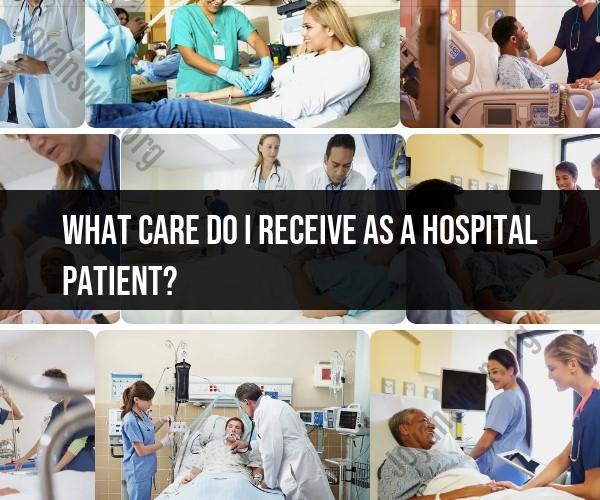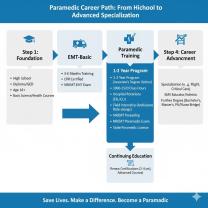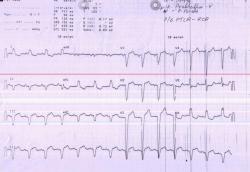What care do I receive as a hospital patient?
The care you receive as a hospital patient can vary depending on your specific medical condition, the type of hospital you are in (e.g., general hospital, specialized hospital, or teaching hospital), and the level of care you require. However, here are some common aspects of care you can typically expect when you are a hospital patient:
Medical Assessment and Diagnosis:
- Upon admission, you will undergo a thorough medical assessment by healthcare professionals, including doctors, nurses, and possibly specialists. They will diagnose your condition, order necessary tests, and develop a treatment plan.
Treatment and Medication:
- You will receive medical treatment based on your diagnosis. This may include medications, surgical procedures, physical therapy, or other therapies as deemed appropriate.
Nursing Care:
- Registered nurses and nursing assistants provide around-the-clock care. They administer medications, monitor vital signs, assist with personal care, and educate patients about their conditions and treatment plans.
Dietary Services:
- Hospital staff, including dietitians, will provide meals tailored to your dietary needs and restrictions. Special diets can be arranged if necessary.
Monitoring:
- Depending on your condition, you may be continuously monitored using medical equipment, such as heart rate monitors, oxygen saturation monitors, or telemetry.
Pain Management:
- Pain management is an essential part of care. Nurses and doctors will assess and manage your pain to ensure your comfort.
Physical Therapy and Rehabilitation:
- If needed, physical therapists and rehabilitation specialists will work with you to regain mobility and function, particularly after surgeries or injuries.
Psychosocial Support:
- Hospitals often have social workers or psychologists available to provide emotional support and counseling for patients and their families.
Patient Education:
- Healthcare providers will educate you about your condition, treatment options, and self-care techniques. It's essential to ask questions and be actively involved in your care.
Discharge Planning:
- Before your discharge, hospital staff will work with you to plan for ongoing care and recovery, including any necessary follow-up appointments, medications, or medical equipment.
Infection Control:
- Hospitals have strict infection control protocols in place to minimize the risk of hospital-acquired infections. Staff will follow these guidelines to ensure patient safety.
Visitor Policy:
- Hospitals have visitor policies that may restrict the number of visitors and visiting hours to protect patient well-being and safety.
Emergency Response:
- Hospitals are equipped to respond to medical emergencies quickly and efficiently, with rapid access to life-saving interventions.
Keep in mind that the specific care you receive will depend on your individual medical needs and the hospital's capabilities. It's crucial to communicate openly with your healthcare team, ask questions, and actively participate in your care. Additionally, you have the right to be informed about your treatment options and to provide informed consent for any medical procedures. Patient advocacy and involvement in your care can contribute to a positive hospital experience and better outcomes.













